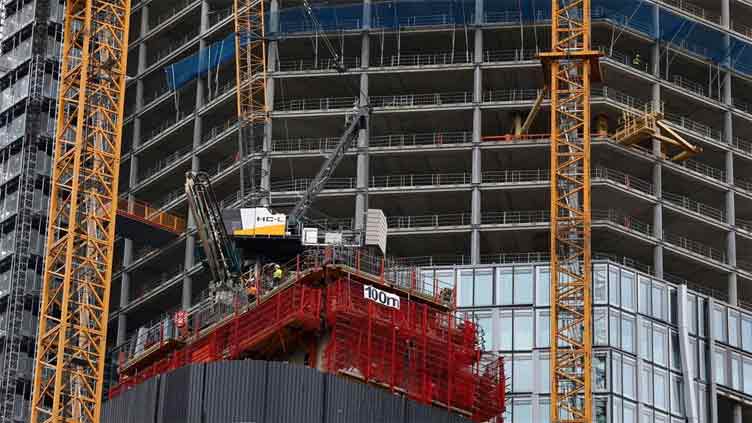Business
Germany’s property sector is in the dumps. Should we care?

Business
FBR set to block SIMs of over 500,000 non-filers
FBR set to block SIMs of over 500,000 non-filers
Business
Oil falls for a third day amid easing Middle East tensions, increased production
Oil falls for a third day amid easing Middle East tensions, increased production
Business
Fiscal deficit in July-March 2023-24 touches Rs4,337bn
Fiscal deficit in July-March 2023-24 touches Rs4,337bn
-

 Sports3 months ago
Sports3 months agoSon and Bissouma ready for Spurs game with Brighton
-

 Sports3 months ago
Sports3 months agoSinisterra signs long-term deal with Bournemouth
-

 Fashion2 months ago
Fashion2 months agoGiorgio Armani catwalk blooms with florals at Milan Fashion Week
-

 pakistan3 months ago
pakistan3 months agoECP convenes emergency meeting today
-

 pakistan3 months ago
pakistan3 months agoECP rejects Salman Akram’s plea for PTI affiliation
-

 World2 months ago
World2 months agoTaiwan ally Tuvalu names Feleti Teo as new prime minister
-

 Sports2 months ago
Sports2 months agoScaled-back opening ceremony for Paris Olympics to offer 326,000 tickets
-

 World2 months ago
World2 months agoTunisia court sentences ex-president Marzouki to 8 years in absentia




















